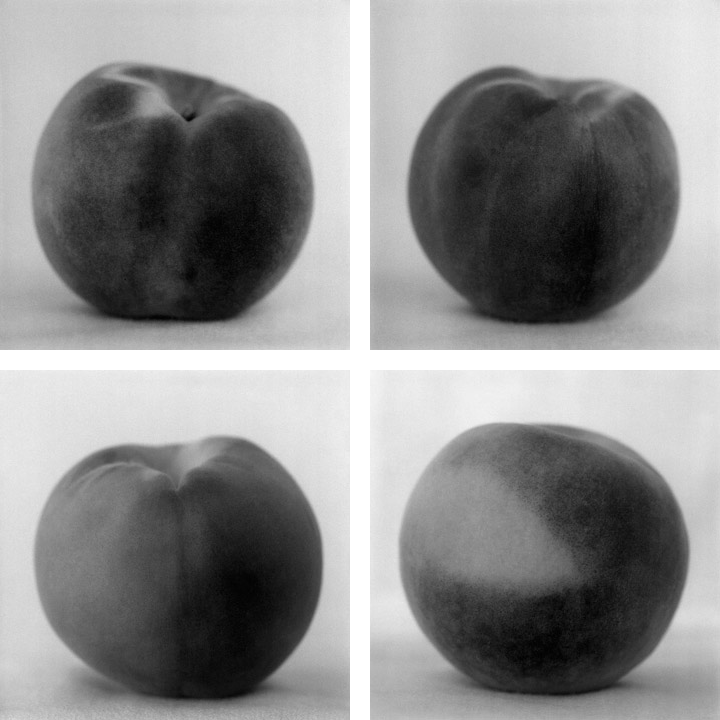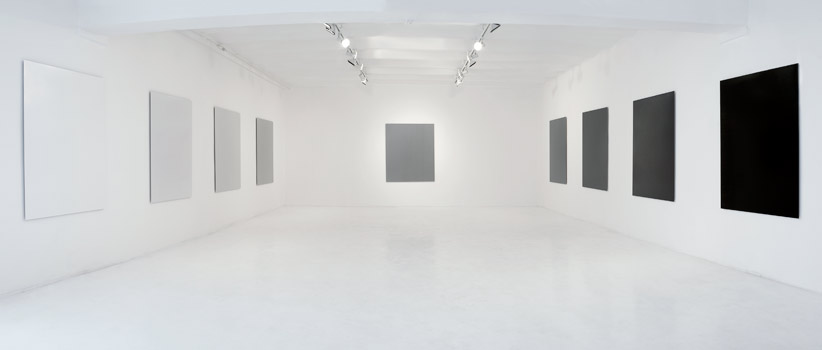Born and raised in New York, Edward Mapplethorpe began his solo career in 1990 under the pseudonym Edward Maxey and was quickly acclaimed for his luminous nudes, portraits, and still lives that were evocative of his older brother, Robert Mapplethorpe (1946–1989). However, it was his innovative work beyond the controlled environment of the studio (Undercurrents,1992-94) that first distinguished him as a unique talent in bridging the gap between photography and abstract painting.
Mapplethorpe continued to incorporate a painterly aesthetic in a number of subsequent thematic projects including: Stars and Stripes (1994), Transmographs (2000), Compositions (2002) and HAIR Transfer (2004). In 2004, Mr. Mapplethorpe collaborated with New York City based orchestra EOS and produced a limited edition portfolio of images capturing musicians in a whirlwind of movement as they performed selected pieces from their repertoire. This adaptation of the cageian concept of integrating chance and time into the creative process became another integral aspect of Mapplethorpe's own artistic practice.
All the while, Mapplethorpe had been photographing one-year-old babies. This subject is a versatile means for him to explore the human spirit through fresh and unguarded expressions. Promoted in House and Garden Magazine as one of the top commissioned photographers of baby portraits, the magazine compares him to his older sibling with whom Edward worked closely for many years. The artist has affirmed that assisting his brother has greatly contributed to the development of the distinct and pure quality of these photographs.
In 2002 Mapplethorpe stepped away from photography for the first time to create dynamic, abstract drawings on paper. They are a continuation of the artist's exploration of compositional space and abstractions of portraiture using charcoal, ink, watercolor and pencil.
Shiseido la Beauté organized the solo exhibition HAIR Transfer in 2004, marking Mapplethorpe's first use of hair as a medium. In 2007, a solo exhibition of TimeLines at Foley Gallery, New York proved to be a watershed moment for the artist. Mapplethorpe returned to his formal exploration of line by combining the gestural impulses of action painting with non-camera photographic techniques. His use of human and animal hair to "draw" his compositions allowed for a complex play between control and randomness that continues to structure and temper his work to the present. This show traveled in 2008 to Germany and was exhibited at artMbassy, Berlin. Concurrently, Mapplethorpe exhibited a new body of work, TimeZones at Ketterer Kunst, Berlin. These two exhibitions, collectively titled TimeLines/TimeZones, traveled to Galleria Casagrande in Rome, Italy in April 2009.
In May 2011 Mapplethorpe exhibited The Variations at Foley Gallery, New York. This series continued to push the artist's practice of harnessing darkroom techniques to create photo-based drawings that are at once organic yet highly technical in their creation. This exhibition traveled to Dubner Moderne in Lausanne, Switzerland in October 2011. The artist lives and works in New York.
© Edward Mapplethorpe, 2016



































